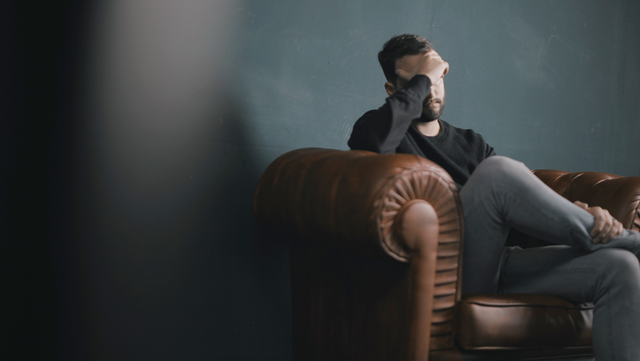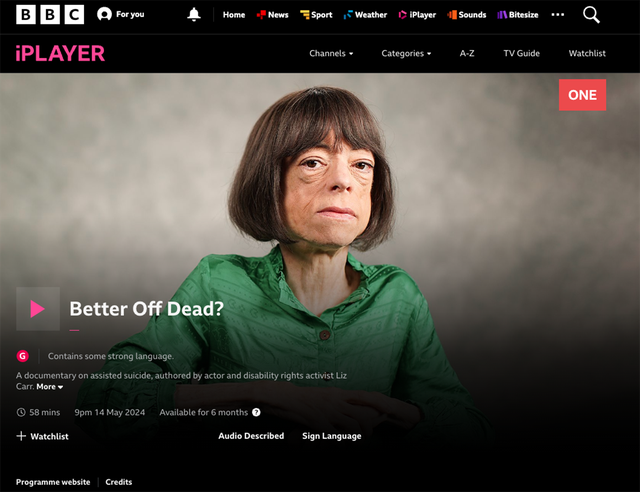
Assisted suicide
A private members' bill that aims to make it easier for terminally-ill patients to opt for their life to be ended is going through Parliament. The proposed Assisted Dying for Terminally Ill Adults bill suggests that those UK residents who are over 18, mentally competent and diagnosed as terminally ill should have the right to have their lives ended. The bill would allow this to happen if two doctors agree that this person's life will end within six months.
The view of the Church of England's General Synod - in votes in 2012 and 2022 after informed debates - was that there should be no change in the law. The first vote was unanimous, the second with only a handful of votes against. This reflects the Christian view of the value of each human life and care for the most vulnerable in our society. It is also shared by many other campaigners, including those in the medical profession and those who are disabled, who understand that relying on others for some aspect of care can happen without a loss of dignity. A 'good death' can happen without the ending of someone's life prematurely.
Those who are campaigning for this bill not to become law understand the motivations of those who have framed this legislation as essentially good. But they have suggested that legalised assisted suicide would make it increasingly difficult to establish safeguards to protect the most vulnerable. Most families do everything they can to ensure their loved ones are cared for, but some older people experience abuse towards the end of their lives - the charity Hourglass estimates that 2.7m UK citizens have been abused while over the age of 65.
The Archbishop of Canterbury warned that if this bill becomes law, it would have unintended consequences. If ending their life becomes a legal option, those with terminal illnesses may feel they would like to choose this option, so they don't become a burden on their friends and family. He said: " I worry that no amount of safeguards will ensure everyone’s safety at the most vulnerable point of their lives." You can read his full comments here.
And Bishop Jonathan has said: "In my view, the route to a dignified death lies in the proper funding of palliative care, investment in mental health services, and the delivery of much-needed community support. Prioritising and investing in these three dimensions of public life will surely help to address the medical, emotional and social dimensions attending to the end of life, and will enable us as a nation to work towards a good death for everyone.
As I consider the legalisation of assisted suicide I am concerned about the inability to safeguard the most vulnerable members of society. I have no doubt that the vast majority of families will move heaven and earth to ensure their loved ones do not feel a burden. Sadly, I do not feel it will be true for all families."
The third reading of the bill will be on April 25, 2025. You are invited to write to your own MP to make your feelings clear. Some resources to help you are below. You can enter your postcode here to find out which MP is yours.
Resources to help combat the bill
- Resources from Care Not Killing, an alliance of disability, human rights, faith and healthcare groups that aim to promote palliative care and oppose moves towards euthanasia
- Resources from Living and Dying Well, which offers analysis and research to inform the debate about assisted suicide.
- Documentary on BBC iPlayer presented by actor and disability rights campaigner Liz Carr, entitled 'Better Off Dead?'
Letter to MPs from Bishop Jonathan
Click here to read the letter from Bishop Jonathan to all MPs in south-east Hampshire and the Isle of Wight regarding the Terminally Ill (End of Life) bill.
